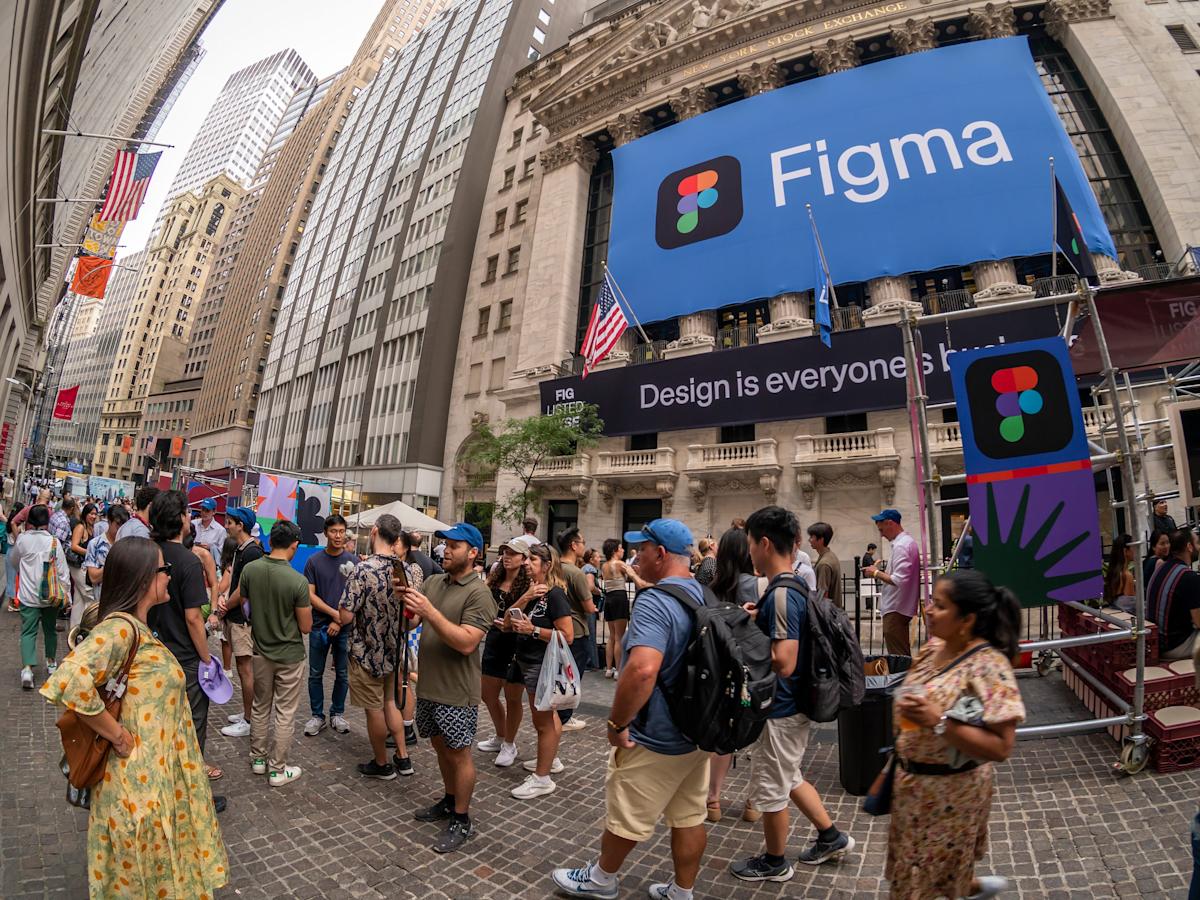Want your IPO to succeed? Be a company the average person loves.
-
StubHub stock has struggled since the company went public this week.
-
Meanwhile, Klarna and particularly Figma have seen strong share performance since their IPOs.
-
Is this a case of more universally beloved companies gaining an edge in the market?
When I saw that StubHub stock was down on the day of its IPO, I found it hard to feel bad.
After all, this is a company I associate with two things: (1) making it difficult to sell tickets at face value, and (2) making it prohibitively expensive to attend popular events.
By the time you’ve factored in the company’s robust array of fees, you’re likely either (1) selling above list price to make your money back, or (2) paying more than face value — often significantly so.
I don’t think it’s a stretch to say people don’t love StubHub. It’s a means to an end, and it is tolerated. But beloved it is not.
As of Thursday’s close, the stock was trading 13% below initial pricing after its second day on the open market. Shares closed lower for both sessions despite record highs in major indexes.
To be fair, StubHub is dealing with longer-term fundamental headwinds that go beyond potential retail-trader sentiment — such as competition from the likes of Live Nation and Vivid Seats — that are likely weighing on the stock. The landscape could get even more crowded if the company pushes into primary-market ticketing as expected, broadening beyond resale.
But the stock performance also got me thinking about StubHub in relation to other recent market debuts. The share drop was anomalous compared to recently IPOed companies, namely Figma and Klarna, which skyrocketed on their first days. (Figma in particular has been on a scorching run, up 77% from pricing after an initial 250%-plus surge. )
What’s a key difference between these two companies and StubHub? I’d argue it’s their public perception, with Klarna and Figma clear-cut examples of universally beloved brands, at least among consumers.
Figma is a design application adored by digital designers and product teams. Its IPO featured a full-fledged block party in front of the New York Stock Exchange, equipped with a DJ and free swag.
Klarna, meanwhile, makes it easier for people to make big purchases in installments. (Or smaller purchases, like food from Chipotle.) Yes, the “buy now pay later” model catches flak as a possible economic headwind, or a sign that society is living outside its means — but the people that use it like it.
As for StubHub, while my views are my personal opinion, there’s no denying the company has its fair share of disgruntled customers.



Leave a Comment
Your email address will not be published. Required fields are marked *